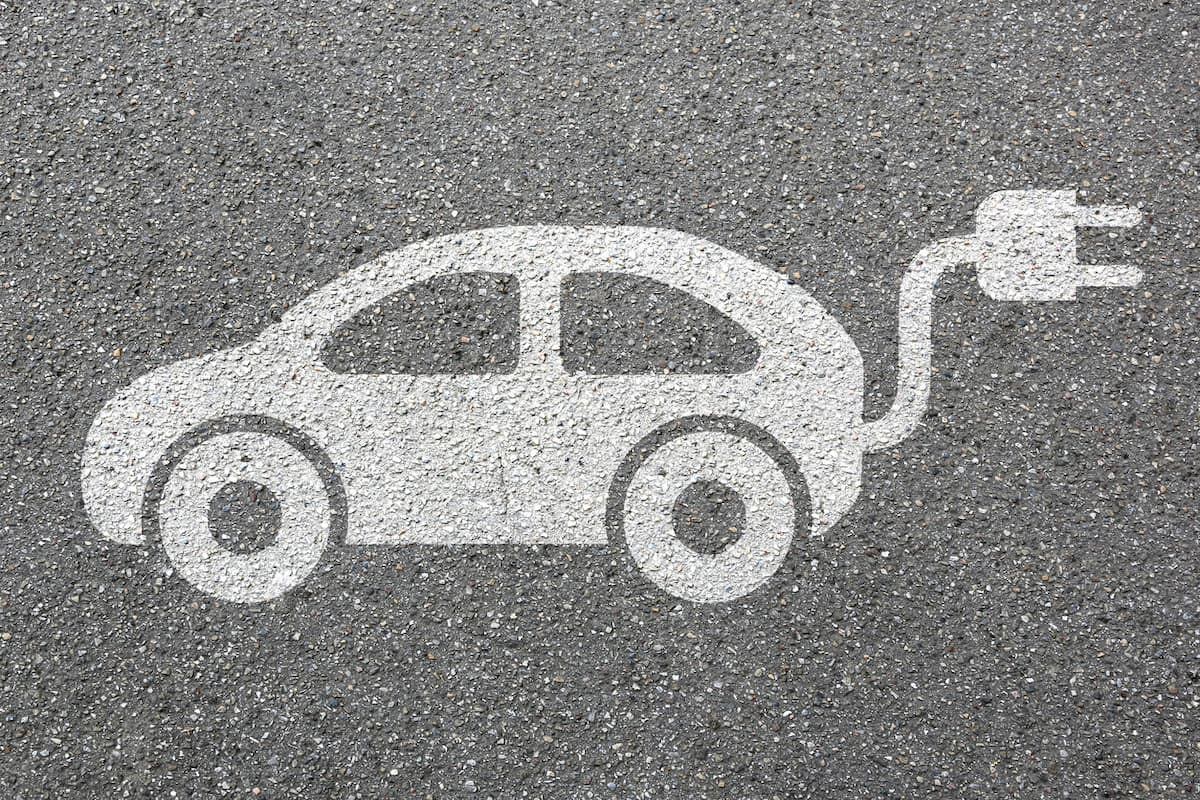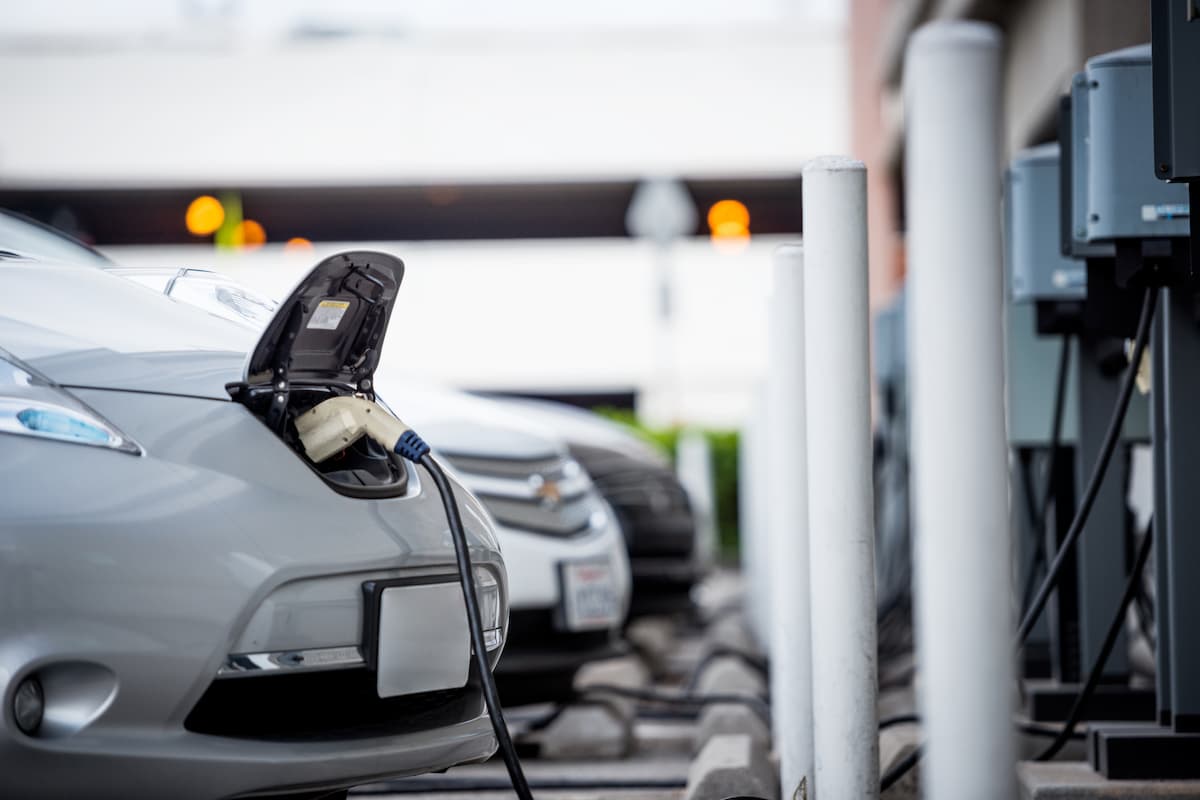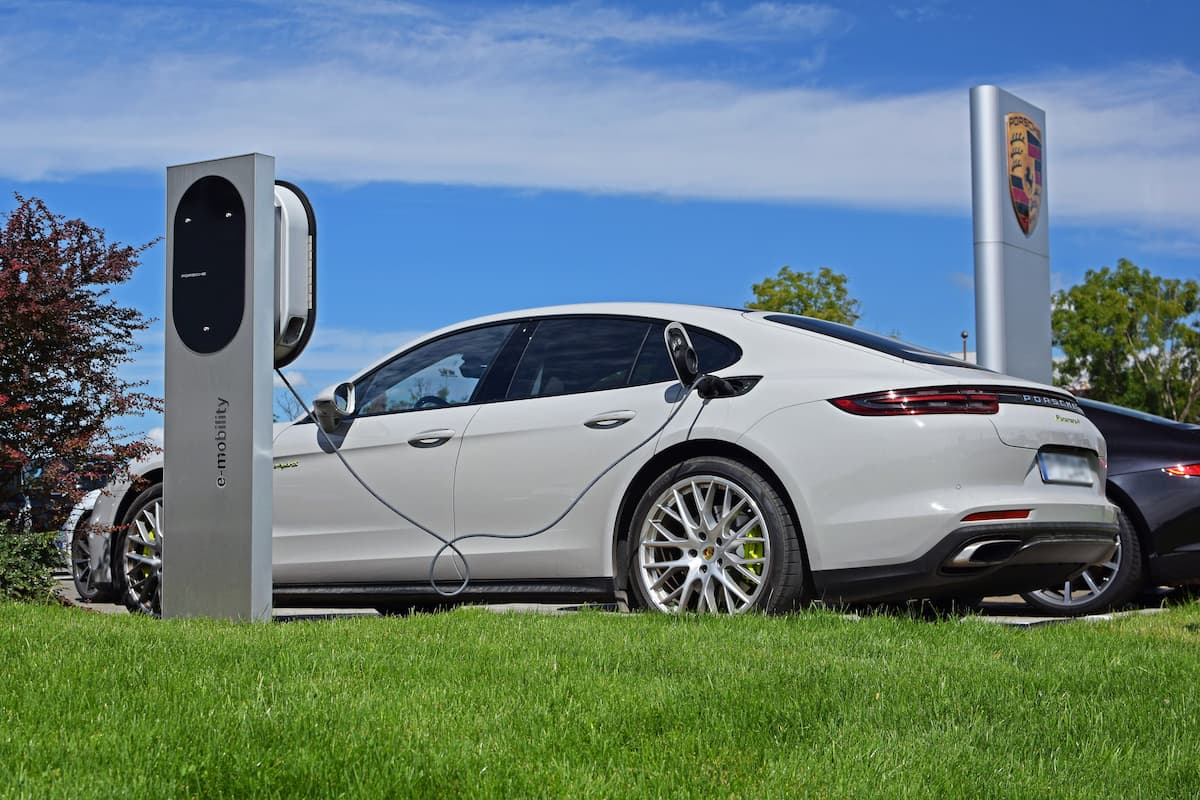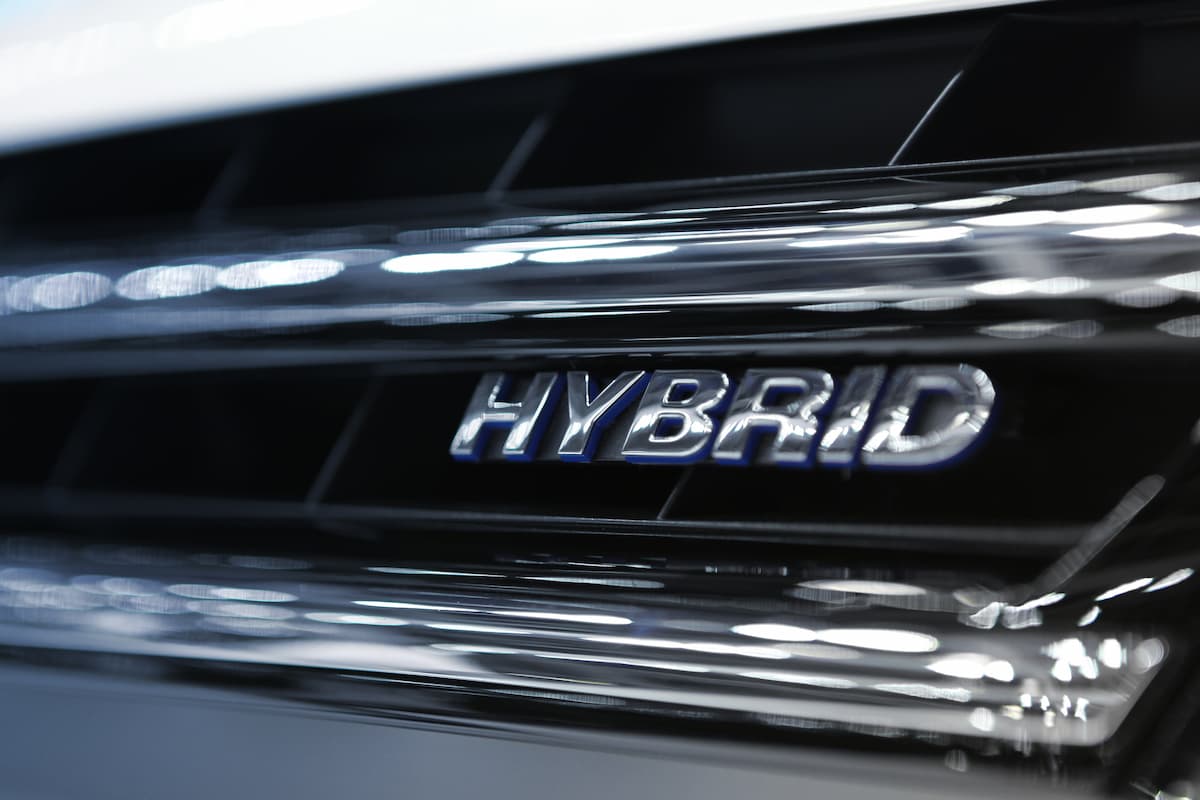We are hiring! Are you an experienced technician? Join our outstanding team »
Types of Electric & Hybrid Vehicle Explained
Reading time 8 minutes • Last updated on July 16th, 2021
Categories Automotive Industry » Driving Tips »
We are hiring! Are you an experienced technician? Join our outstanding team »
Types of Electric & Hybrid Vehicle Explained
Reading time 8 minutes • Last updated on July 16th, 2021
Categories Automotive Industry » Driving Tips »
Last updated on July 16th, 2021What does this mean?
Electric vehicles: there was a point in time where they were treated as a pipe dream, and no doubt many people believed that they’d never truly be a success. This couldn’t be further from the truth – electric vehicles are not only extremely popular, but that popularity is growing all the time. In fact, with the government requiring an end to sales of new petrol and diesel vehicles by 2030, it’s not too much of a stretch to envision all-electric traffic jams in the not-too-distant future.
In this article, The Windscreen Company will explain what the different types of electric vehicles are to help you make the right purchase.
Table of Contents:

In order to encourage more people to buy electric and hybrid vehicles, the government is offering financial incentives for those that do buy. The plug-in car grant means the government will pay up to 35% of the price of a low-emissions vehicle up to the value of £3,000. The car must cost less than £50,000, emit less than 50g/km of CO2 and be able to travel at least 70 miles with zero emissions.
The home charger grant is available for those who own, lease or have ordered an eligible electric vehicle. The government will pay up to £350 towards the cost of the home charging point.

Some examples of EVs include:
An electric vehicle is one that is 100% battery-powered, using no fuel whatsoever. In some cases they are referred to as Battery Electric Vehicles (BEVs), but more commonly they just go by the EV acronym. Battery vehicles need to be charged via a special charger – you can find increasing numbers of EV charging stations around the country in normal car parks, service stations or in dedicated EV charging areas. You will also need to install the vehicle’s charger in your home, where it will run off your mains power – for this, you can use a special charger (much faster) or your standard mains outlet (slower).
Electric vehicles that cost less than £40,000 are exempt from road tax. They’re also exempt from the London Congestion Charge – an added bonus if you live in or travel to the capital regularly.
One concern regarding electric vehicles is the range they offer – the only EVs with a 300+ mile range are Tesla’s ‘Long Range’ versions of the Model S, Model X and Model Y, and they’re the most expensive EVs on the market. The technology is always improving and ranges will increase with new electric vehicles, but nevertheless the longest trips will require a couple of charging stops.

Some examples of PHEVs are:
As the name suggests, PHEVs are a mix between electric and ‘normal’ vehicles. They use both battery power and engine power to travel – normal hybrid vehicles often use the battery at low speeds, before the engine kicks in when the vehicle either reaches a certain speed or has travelled a certain distance (usually 1-2 miles). PHEVs allow for greater use of the battery – plug-in hybrids can travel up to 40 miles on battery power alone before the engine takes over. Like EVs, PHEVs can be plugged into mains power to charge, either via a vehicle-specific charger or a normal plug socket – using the latter will mean that the battery takes a lot longer to recharge.
PHEVs can also restore their battery power through something called ‘regenerative braking’ – put simply, this process takes the wasted energy from the brake pads rubbing against the brake discs and puts it back into the battery. This process is what helps plug-in hybrid vehicles travel for longer distances on battery power alone. Once the battery is completely empty, the engine can be used as it would in a ‘normal’ car.
PHEVs offer the best of both worlds in terms of power, but an issue is the range of the electric battery. The batteries in PHEVs have a shorter range than standard EVs, so once that battery is depleted, you may need to stop more times – or for longer periods – to recharge it. Of course, the plus side of this is that the engine will simply take over, so you needn’t worry about running out of power on a long journey.

HEVs include the following models:
A Hybrid Electric Vehicle is very similar to a PHEV, but with one crucial difference – it cannot be plugged into the mains power to recharge the battery. In HEVs, the battery is charged via regenerative braking and the internal combustion engine. They are often referred to as ‘self-charging hybrid vehicles’ – this is technically true but a little simplistic. The vehicle will only ‘recharge’ itself whilst in use; an empty HEV battery won’t replenish itself whilst the car is sitting in the driveway.
Hybrid vehicles are very popular, with the Toyota Prius being one of the first mainstream examples of the vehicle. One of the benefits of a hybrid is that you don’t need to pay for a charging point for your property – even with the home charger grant from the government, these charging points can still be expensive.

Both EVs and HEVs help drivers to keep their running costs down, saving money on fuel and, in the case of EVs, road tax and the congestion charge. Hybrid vehicles may pay a lower road tax based on their emissions, but unlike EVs, they won’t be completely exempt from it.

There are a lot of affordable EVs and HEVs on the market, with manufacturers like Toyota, Kia, Hyundai and Renault making excellent cars in a range of sizes. If you don’t mind spending more, there are Porsches, Audis, BMWs, Jaguars, and of course Teslas.
Electric cars, in general, are more expensive to buy than hybrid vehicles – you also have to factor in the cost of any charging points that need to be installed in your home. However, EVs are cheaper to run than hybrids, so there are long-term financial benefits to be had if you don’t mind a bigger initial investment.

There is a clear winner when it comes to range, and that is the HEV. Hybrid vehicles can travel a lot further than electric vehicles thanks to the internal combustion engine – when the battery dies, the engine takes over and the journey continues. While many electric vehicles have a range of 200-300 miles, you will need to stop and charge on long journeys – this can lead to something known as ‘range anxiety’, where drivers worry about their battery giving out at inopportune moments. Then, of course, there’s the issue of charge point availability – while the numbers of charge points are increasing, there’s a risk of existing charge points being taken up.

Charging times for EVs can vary, even across a single manufacturer. For example, fully charging a Tesla Model S at a 440v charge point will take around 1 hour 45 minutes, whereas it only takes around 36 minutes to fully charge a Tesla Model 3 at the same charge point.
As we’ve already mentioned, HEVs are often called ‘self-charging’ hybrids – they don’t need a charge point and instead use regenerative braking and the energy from the combustion engine to charge the battery. This does, of course, have an impact on their fuel economy – the emissions will obviously be higher and you will have to spend on fuel as and when it is necessary.
Put simply, there is no wrong or right choice when it comes to buying an electric vehicle or a hybrid vehicle. Both versions represent an extremely positive step in our efforts to reduce our carbon footprint, and by opting for an EV or an HEV, you’re saving yourself money in the long term and helping the environment, too.
The main difference depends on the make and model of vehicle you want, and the upfront cost of electric and hybrid vehicles compared to the long-term savings that you’ll make.
The Windscreen Company are proud providers of electric and hybrid vehicle windscreen repair and replacement services for customers across Birmingham, Ipswich, Essex and the South East. For more information about our services or to book your vehicle in for a service, please contact us today.
The Windscreen Company, has over 20 years of experience in windscreen repair and replacement. Since 1998, they have been at the forefront of industry innovation, leveraging the latest technology to ensure customer safety and satisfaction.
The Windscreen Company's, help-and-advice pages offer valuable tips and guidance on maintaining vehicle safety through quality windscreen care, while also featuring updated industry realted content.
The information within this article was accurate on the date the article was last updated based on the information that was openly available on the topic online. The Windscreen Company accepts no liability for any loss or damage caused by or connected with any error or omission in this article. You should make your own judgement in regards to use of this document and seek professional advice on your particular circumstances.
By clicking "Accept All Cookies", you agree to the storing of cookies on your device to enhance site navigation, analyse site usage, assist in our marketing efforts, and for personalised advertising.